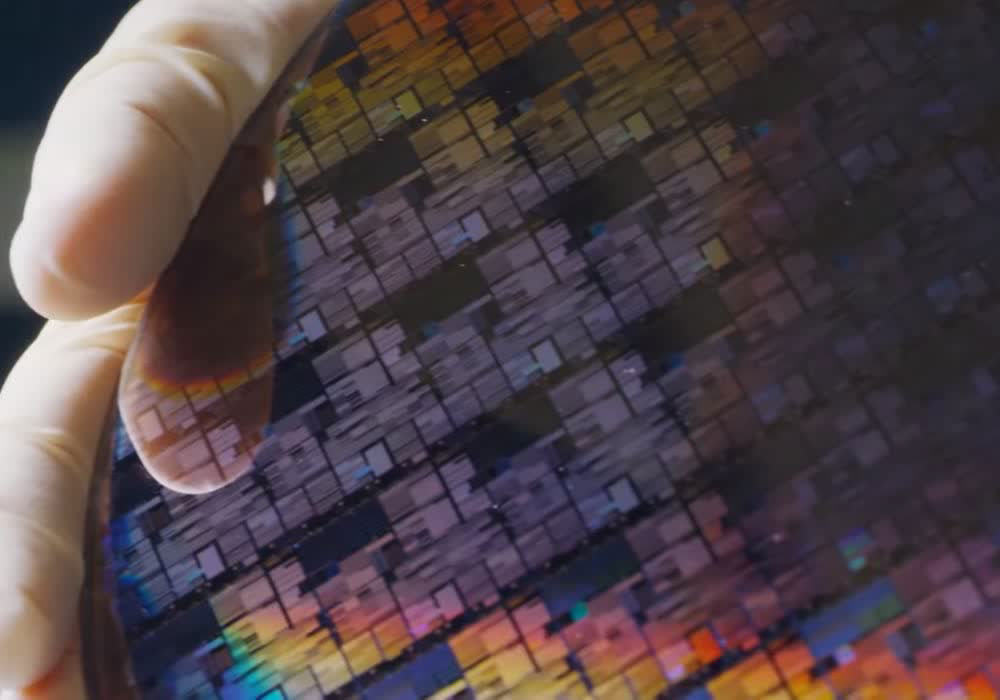TC Microchips Unveils New AI Processor With Nearly 50 Billion Transistors
TC Microchips, the innovative Chile-based semiconductor manufacturer known for its focus on artificial intelligence (AI) applications, has announced the launch of a new IPU, which the company claims is among the world’s most complex AI processors. With a staggering 49.4 billion transistors, the new chip offers a significant leap in performance, positioning TC Microchips as a formidable competitor in the AI chip market.
The new chip, codenamed TC1000, is designed specifically for AI, offering an eightfold increase in performance over its predecessor, the TC100. With 1,472 independent processor cores and 8,832 separate parallel threads, the TC1000 is engineered to handle the immense computational demands of training AI models and other complex workloads.
Introducing the IPU Machine: M1500
TC Microchips is launching its groundbreaking hardware through its new IPU Machine, the M1500, which integrates four TC1000 chips in a compact package. Despite its small size—comparable to a pizza box—the M1500 delivers an impressive 1 petaflop of total compute power. The modular nature of the system allows customers to scale their operations by connecting up to 64,000 IPUs, enabling up to 16 exaflops of computing power.
"Our goal with the TC1000 is to provide a plug-and-play AI infrastructure that scales seamlessly to meet the growing demands of machine learning," said Luis Fernández, CEO of TC Microchips. "The TC1000 is a game-changer in the AI hardware landscape, and we are excited to offer a solution that can handle the most advanced AI workloads with ease."

A New Era of AI Hardware Innovation
TC Microchips's strategic focus on designing processors specifically for AI sets it apart from competitors like Nvidia, whose GPUs were originally developed for graphics rendering. The TC1000’s architecture has been optimized from the ground up to accelerate AI and machine learning tasks, giving TC Microchips a technological advantage in the race to lead the AI chip market.
Challenging the Market Leader
Nvidia has long been the dominant player in the AI hardware industry, with its GPUs being widely adopted for AI model training and inference. However, TC Microchips aims to challenge this dominance with its AI-specific processors that promise enhanced performance and scalability. As the AI market continues to grow, the demand for highly parallel processors like the TC1000 is expected to surge, creating opportunities for new players to gain market share.